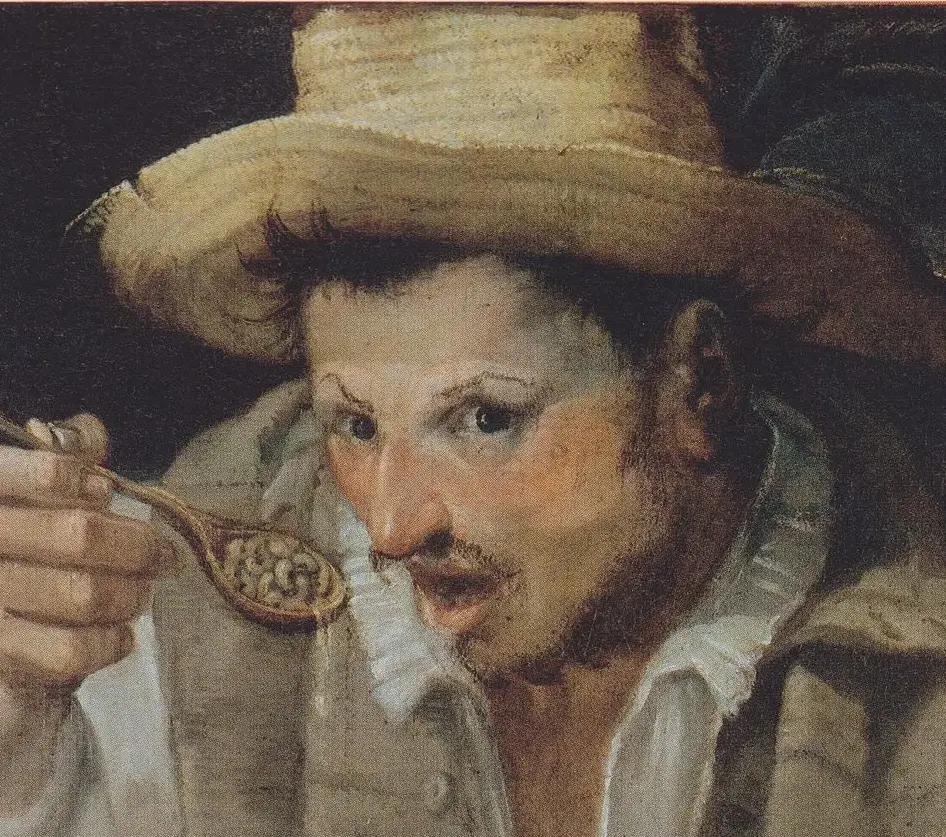We rarely get snow in Texas; we get a solid sheet of ice that covers everything. The city also doesn’t plow, and nobody has snow tires because it’s only going to be a day or two.
Yeah, southern drivers don’t know how to drive (in or out of snow, really), but places like Denver and Dallas have such different experiences that it’s not really fair to compare them. It’d be like mocking Alaskins because they’re miserable in 90°F; they don’t have the AC to handle what is incredibly mild weather to me.
Not saying you’re mocking or disrespectful, I’m just on my soapbox.














First of all, ironic.
Second, why the fuck was Michael Wolff advising Jeffrey Epstein on PR?